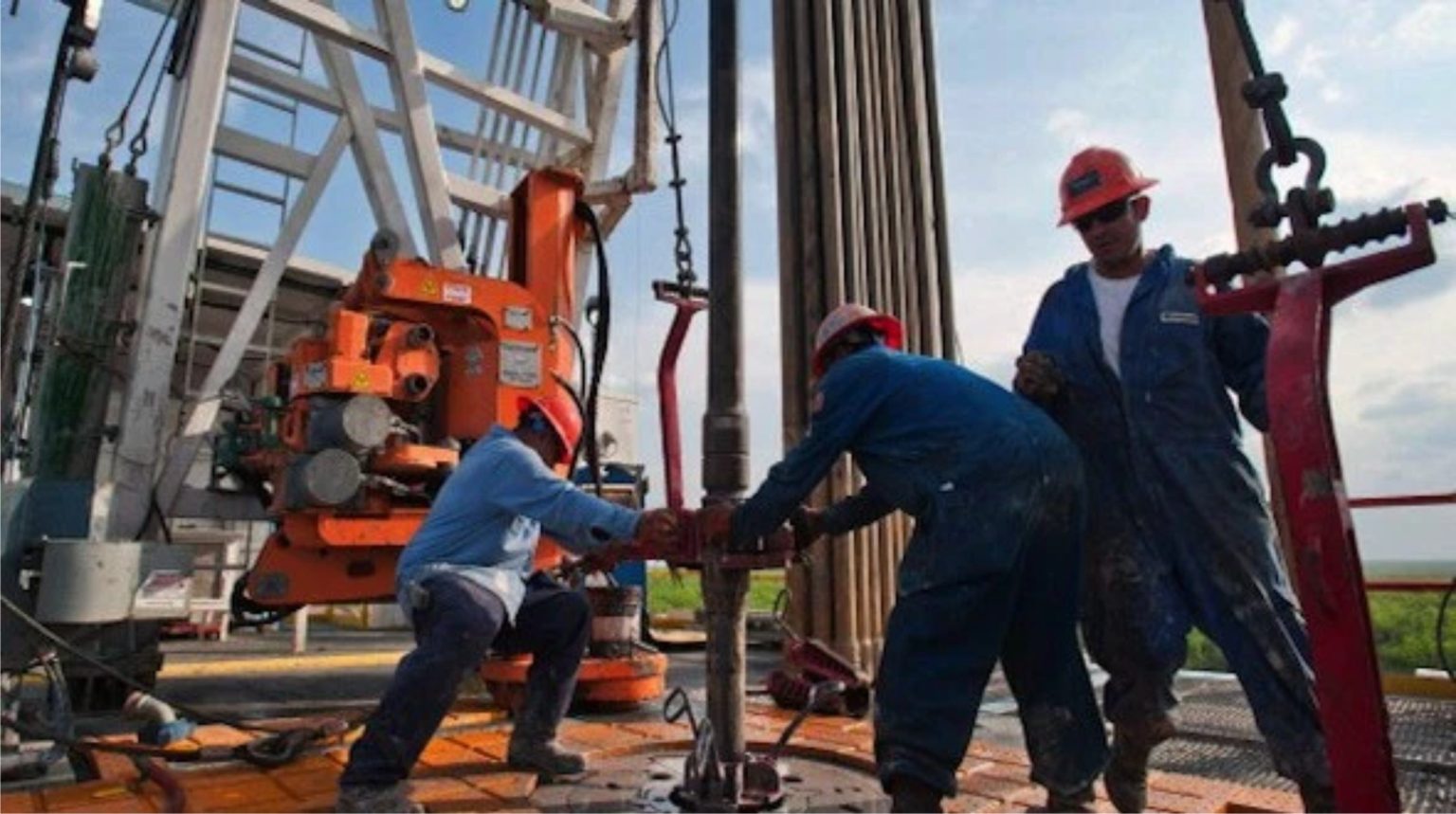Nigeria’s crude oil production costs present a significant economic challenge, impacting the nation’s revenue and competitiveness in the global oil market. The country spends an estimated N1.57 trillion monthly, or N18 trillion annually, on crude oil production, based on an average output of 1.4 million barrels per day and a minimum production cost of $25 per barrel. This cost, which can range up to $40 per barrel, is markedly higher than that of other oil-producing nations, such as Saudi Arabia, where production costs hover around $10 per barrel. This discrepancy places Nigeria at a distinct disadvantage, hindering its ability to attract investment and maximize profits from oil sales. The high production costs consume a substantial portion of the revenue generated from crude sales, leaving less for government coffers and national development initiatives.
The exorbitant cost of producing crude oil in Nigeria has been a subject of concern and debate among industry stakeholders and government officials. In 2024, the Chairman of the House of Representatives Committee on Finance highlighted the gravity of the situation, pointing out that Nigeria’s production cost of $48 per barrel was the highest globally. He compared it to significantly lower costs in other countries, such as $9 in Saudi Arabia, $21 in Norway, and $24 in the United States. This disparity, he argued, significantly eroded Nigeria’s revenue potential, as a substantial portion of the proceeds from crude sales was absorbed by production expenses. This left a smaller share for the government and oil companies to divide, hindering the nation’s ability to benefit fully from its oil resources.
Several factors contribute to Nigeria’s high crude oil production costs. Security challenges, particularly in the oil-rich Niger Delta region, add a significant premium to operating expenses. Oil theft and pipeline vandalism necessitate increased security measures and repairs, driving up production costs. Furthermore, aging infrastructure and outdated facilities contribute to inefficiencies and frequent maintenance needs, further escalating expenses. These factors collectively create a challenging operating environment, making it difficult for Nigeria to compete with countries that enjoy lower production costs and higher profit margins. Addressing these fundamental issues is crucial for improving the country’s competitiveness and maximizing its oil revenue potential.
The Nigerian Upstream Petroleum Regulatory Commission (NUPRC) has acknowledged the need to address this pressing issue and has outlined plans to reduce production costs to below $20 per barrel. This ambitious target aims to enhance the sector’s competitiveness and attract greater investment. The NUPRC recognizes the need to modernize infrastructure, curb oil theft and pipeline vandalism, and improve operational efficiencies to achieve this goal. The commission has developed a 10-year roadmap and a Regulatory Action Plan to revitalize the oil sector and bring down production costs. These initiatives demonstrate the government’s commitment to addressing this critical challenge and creating a more sustainable and profitable oil industry.
Experts and industry stakeholders have weighed in on the issue, offering insights and solutions. The National President of the Petroleum Products Retail Outlet Owners Association of Nigeria (PETROAN) emphasized the need for a thorough review of production costs, advocating for greater involvement of Nigerian experts in determining accurate figures. He argued that relying solely on expatriates’ assessments might not reflect the true cost of production in the Nigerian context. Furthermore, he called for empirical findings to ascertain the actual cost of production, enabling the government to make informed decisions and optimize resource allocation. This suggestion highlights the need for greater transparency and local expertise in assessing and managing production costs.
Economic and energy experts have also offered perspectives on the challenges facing Nigeria’s oil industry. They point to the difficult terrain and security issues in the Niger Delta as factors contributing to high production costs. Environmental concerns, including pollution and protests, further complicate operations and add to expenses. Experts emphasize the need for resolving security challenges, addressing environmental concerns, and improving infrastructure to create a more conducive operating environment. These measures would help to lower production costs, increase profitability, and attract greater investment in the Nigerian oil sector. The long-term goal is to create a sustainable and competitive oil industry that can contribute significantly to the nation’s economic growth and development.


